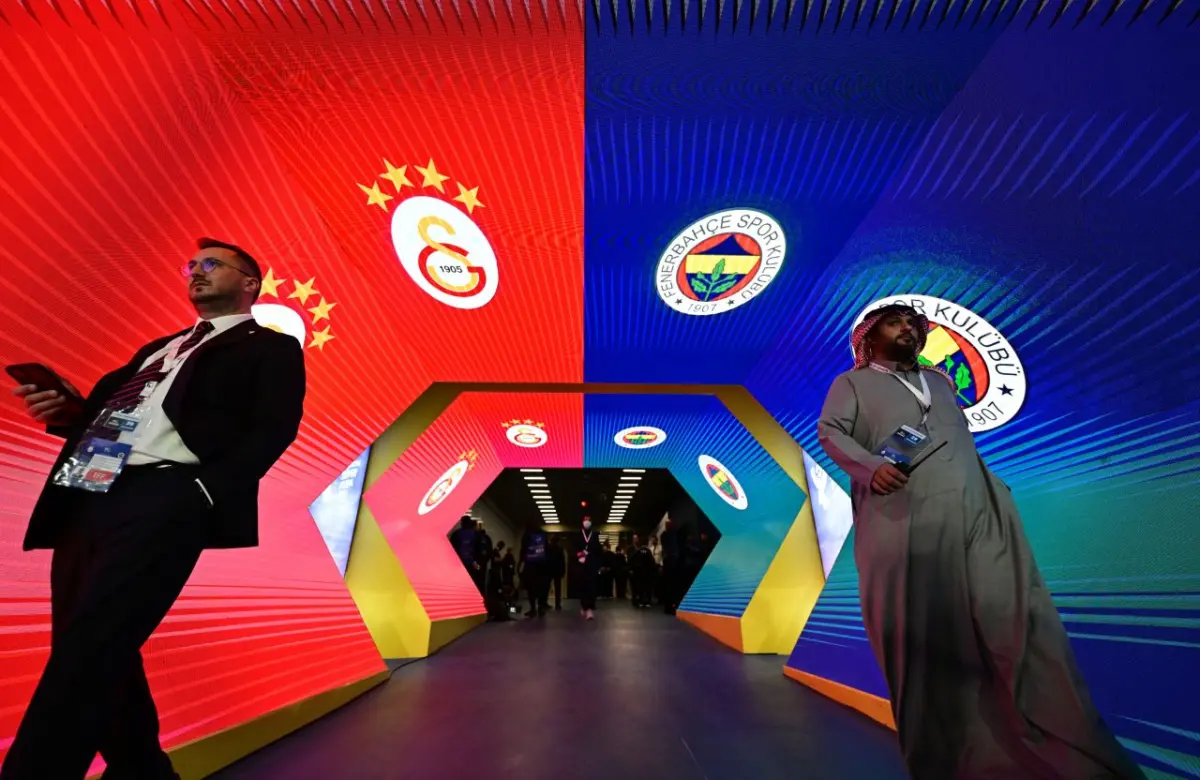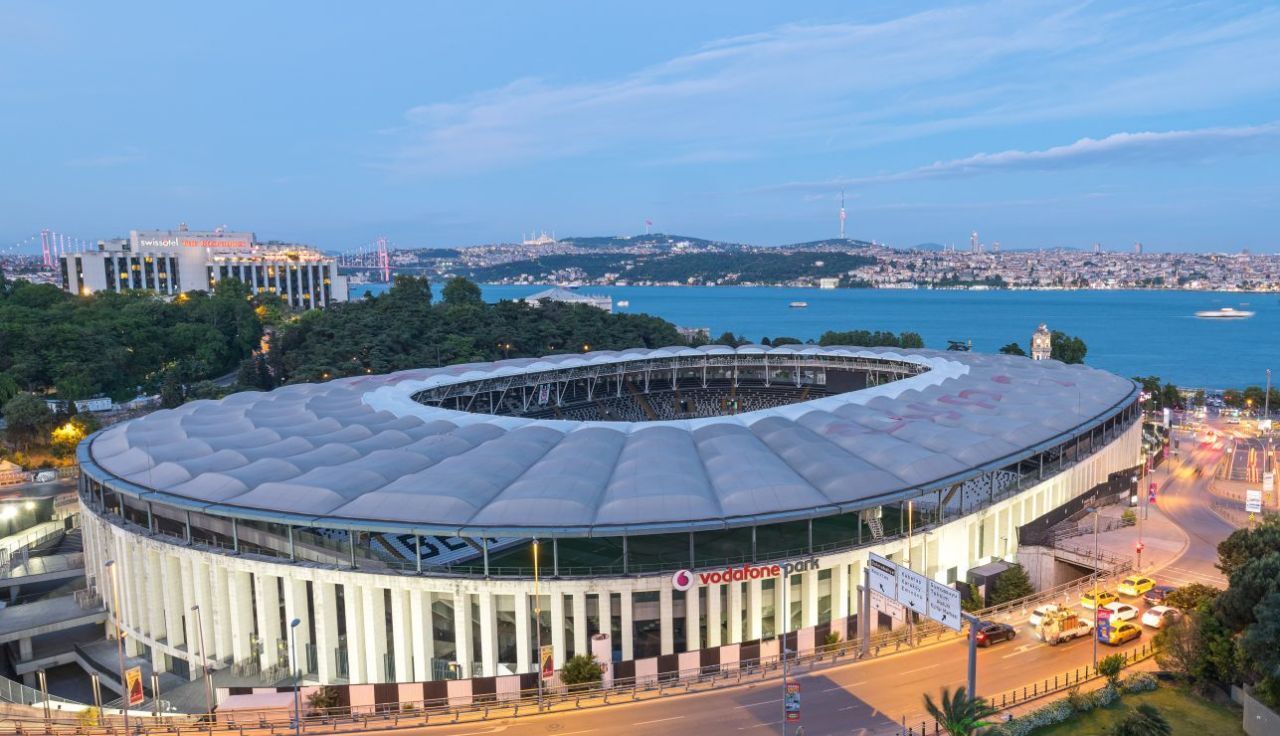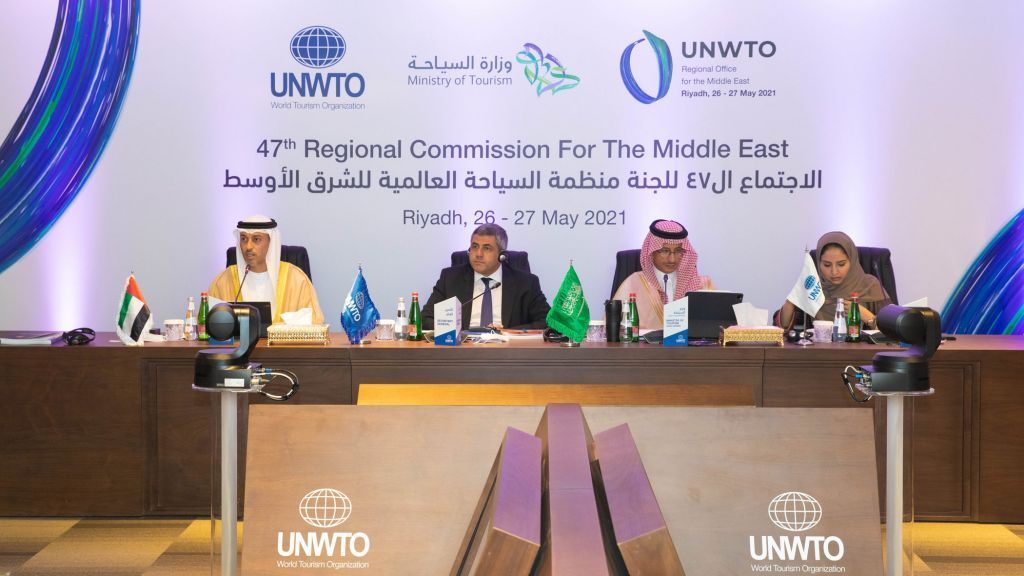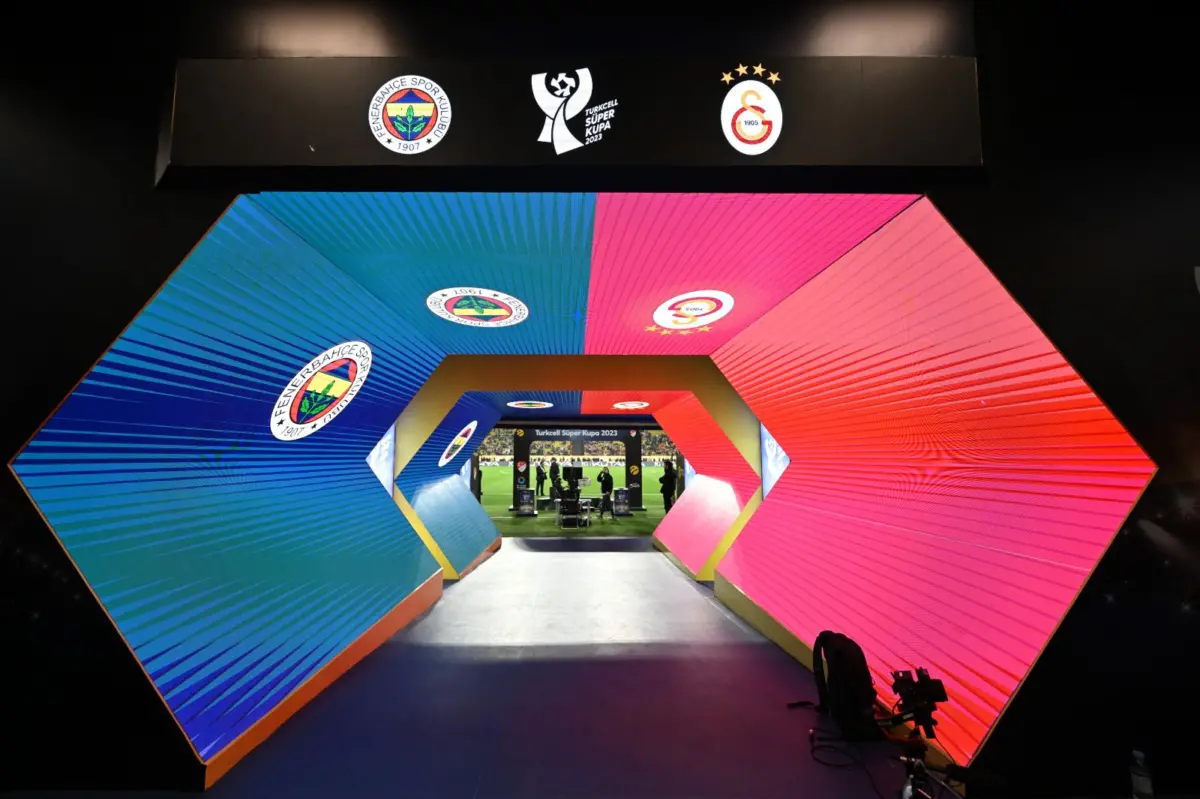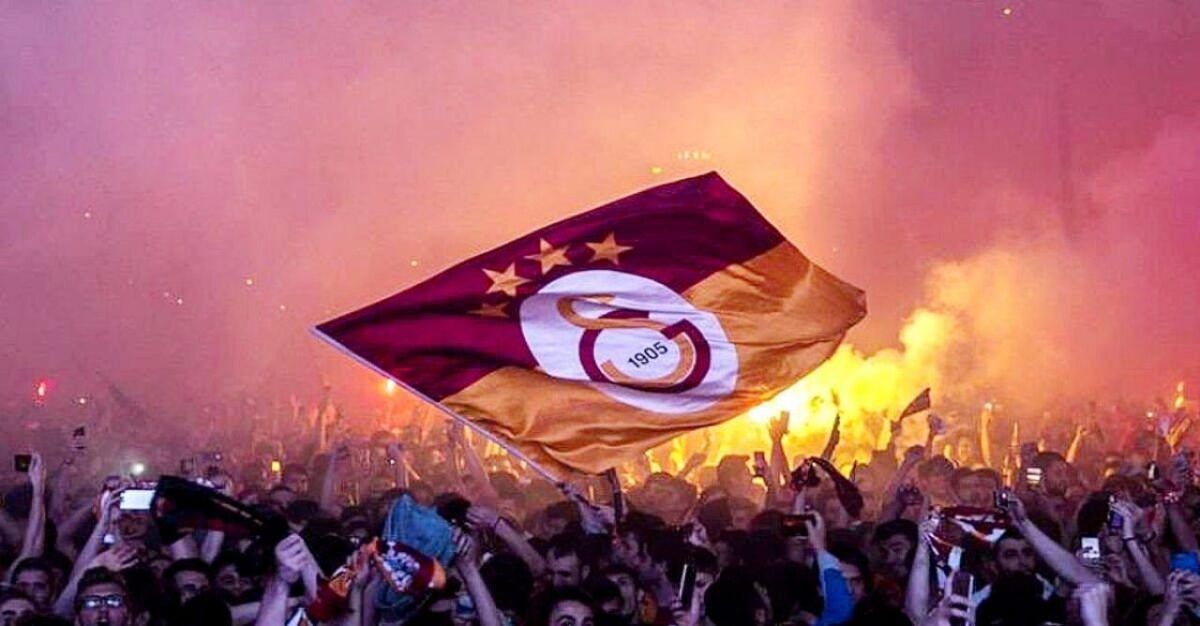Following the cancellation of the Turkcell Super Cup match in Riyadh, Saudi Arabian authorities have reportedly prevented the departure of planes carrying the teams of Galatasaray and Fenerbahçe. The match, initially scheduled to take place at the Al-Awwal Park (King Saud University) Stadium at 20:45, was called off due to a dispute over the teams’ desire to display quotes from Atatürk and warm-up in T-shirts featuring his image.
The tension escalated when, after the match was cancelled, both teams headed to the airport to return to Istanbul, Turkiye. However, they were met with an unexpected obstacle. According to İYİ Party Balıkesir MP Turhan Çömez, who spoke on Sözcü TV, Saudi officials denied permission for Galatasaray’s 00:10 private flight to take off. The refusal was reportedly made under the pretext of air traffic issues, leaving the team scrambling to arrange alternative travel plans with Turkish Airlines‘ scheduled flights.
This incident has sparked significant controversy and raised questions about the intersection of sports, politics, and international diplomacy. The refusal to allow the teams to depart is not just a logistical issue but also a symbol of the complex political dynamics at play. The teams’ insistence on honoring Mustafa Kemal Atatürk, as the country celebrates its 100th anniversary, clashed with the Saudi authorities’ stance, leading to an impasse that transcended the sports arena.
The situation in Riyadh has drawn attention to the broader implications of such disputes in international sports. While sports are often seen as a unifying force, transcending national boundaries and political disputes, this incident highlights how they can also become a flashpoint for diplomatic tensions. The use of political symbols in sports, especially in international contexts, remains a contentious issue, with varying interpretations and reactions from different countries and cultures.
Moreover, the incident raises concerns about the rights and treatment of international sports teams when traveling for competitions. The grounding of the teams’ planes not only disrupts their travel plans but also sends a message about the power dynamics involved in hosting international sporting events. It underscores the need for clear protocols and mutual respect in international sports engagements, especially when dealing with sensitive cultural or political symbols.
As the situation unfolds, the football world and international community are closely watching how this diplomatic standoff will be resolved. The incident is a reminder of the delicate balance that must be maintained in international sports, where respect for cultural symbols and diplomatic relations play a crucial role.
The implications of this incident are likely to be far-reaching, affecting future international sports events and possibly the diplomatic relations between Turkey and Saudi Arabia. It serves as a case study in the complex interplay of sports, politics, and international relations, reminding us that the world of sports is not just about the game on the field but also about the broader cultural and political contexts in which these games are played.
Photo: AA

